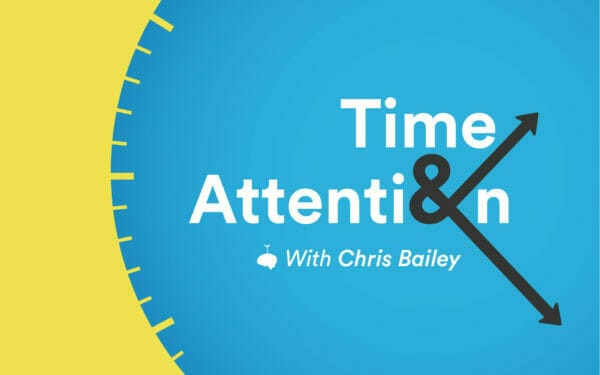
 Time and Attention
Time and Attention 146: Econ Corner 2.0
19 snips
Feb 18, 2025 Explore the economics of productivity with a light-hearted twist! Discover how managing scarce resources like time can amplify efficiency. Learn the power of comparative advantage in both household and team settings. Dive into the pitfalls of economic decision-making and the role of cognitive biases. Understand diminishing returns through the playful lens of donuts. Plus, get a humorous take on the myths connecting perfectionism and procrastination. Tune in for insights that blend theory with everyday life!
AI Snips
Chapters
Transcript
Episode notes
Economics and Productivity
- Economics helps manage scarce resources, like time and attention.
- Apply economic principles to boost personal productivity.
Comparative Advantage
- Comparative advantage means doing tasks with relatively lower costs than others.
- Focus on tasks where you give up less to achieve a similar outcome.
Podcast Work Division
- Chris edits the podcast, while Arda, being an economist, contributes to economics-focused episodes.
- This division of labor reflects their respective comparative advantages, optimizing their combined resources.

